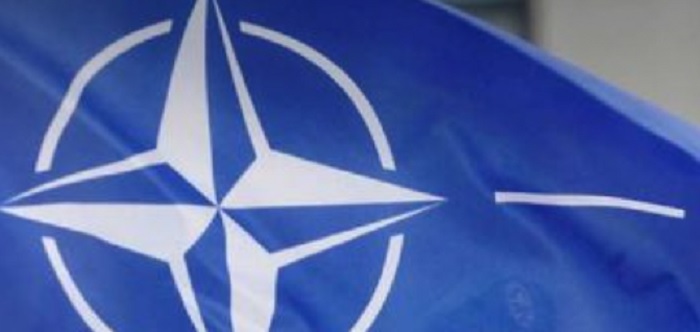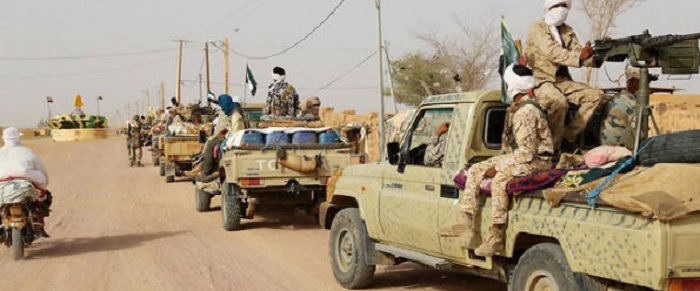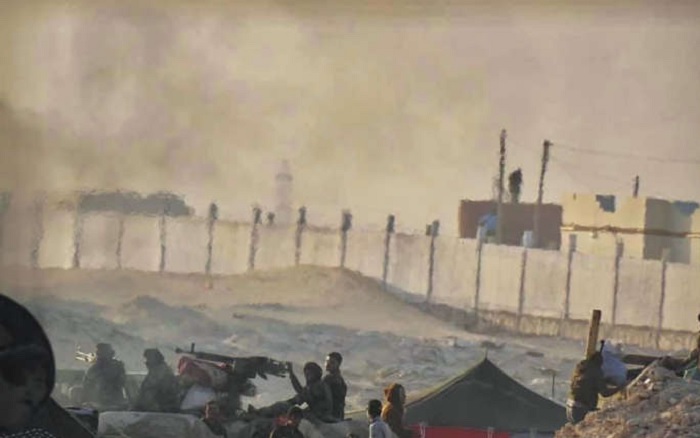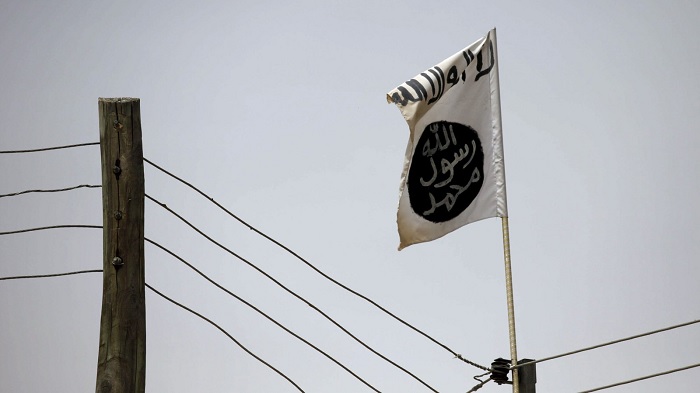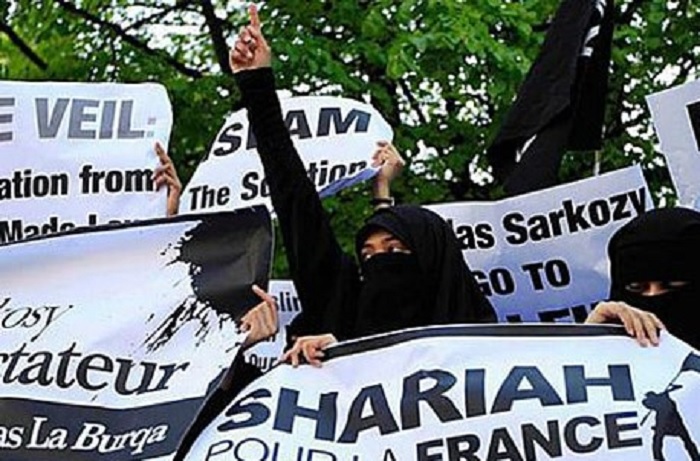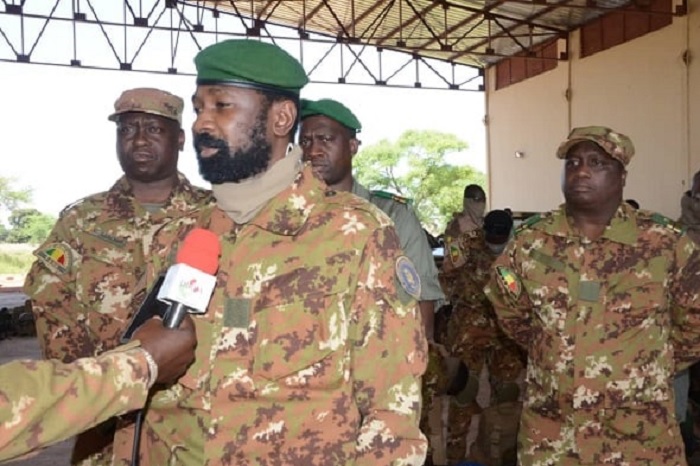As al-Qaeda’s old guard dies, leadership’s role shifts
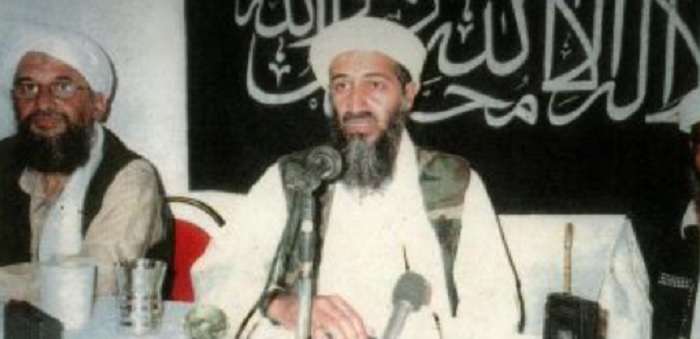
No longer the supreme jihadist group, al-Qaeda has seen other outfits grow and has sometimes clashed with them on the ground.
The reported deaths of al-Qaeda’s top two leaders in recent months have raised questions about the future strategy and strength of the terror network, already a shadow of the global force it was two decades ago.

